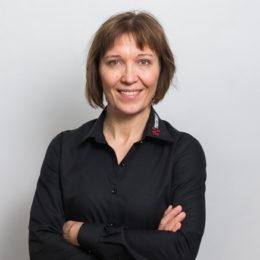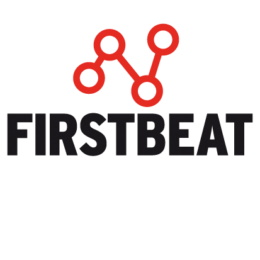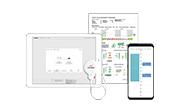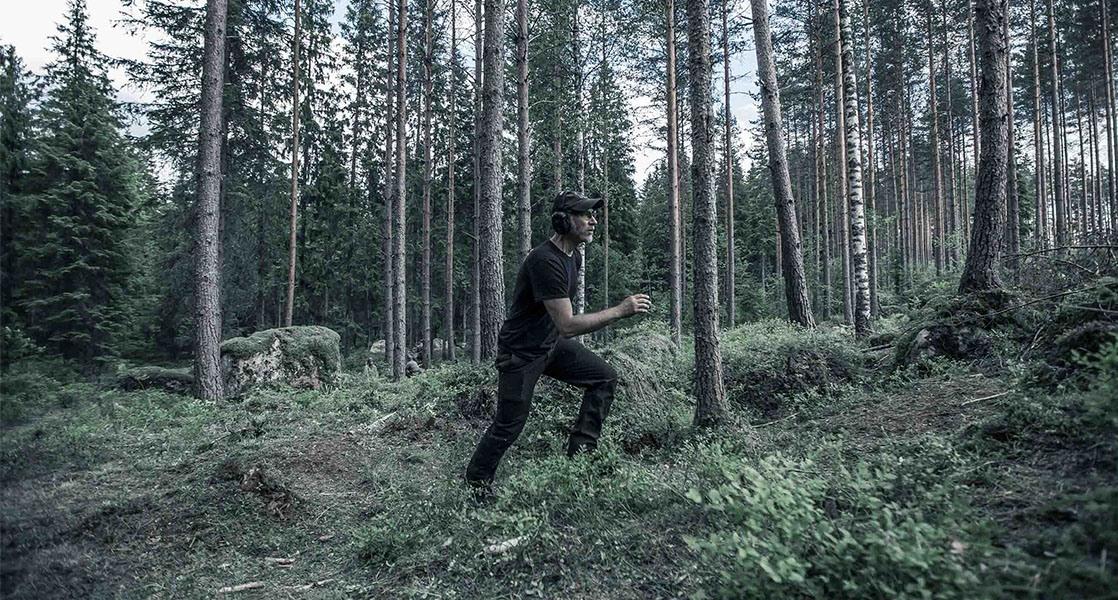
“Filmmaking requires dedication and perseverance. The process can be physically and emotionally draining, disturbing the body’s natural rhythms.” This is how Director Aku Louhimies described the challenges of his job in our interview last October, after having utilized the Firstbeat Lifestyle Assessment for 6 months during the filming of his new movie Unknown Soldier. Now, a year later, it’s time to summarize what insights the measurements provided and what the movie director learned about himself.
Director Aku Louhimies wanted to track his physical and mental workload throughout the intensive filming project. The idea was to gain better understanding about how his body reacts to different challenges and learn to optimize his recovery. Louhimies is also interested in seeing how his physical status affects the creative process, for example accuracy and decision-making during filming. He is preparing a PhD dissertation on this topic.
Louhimies conducted the first Firstbeat Lifestyle Assessment measurements in April 2016, shortly before the filming of Unknown Soldier began, and the last ones in September 2017, a few weeks before the movie’s premier. Altogether, he wore the Bodyguard device for 89 days, typically 5-6 days at a time. Louhimies received a report and a short summary by Firstbeat’s experts after each measurement. The measurements included several physically and mentally demanding work weeks, easier recovery weeks, as well as work trips to North America.
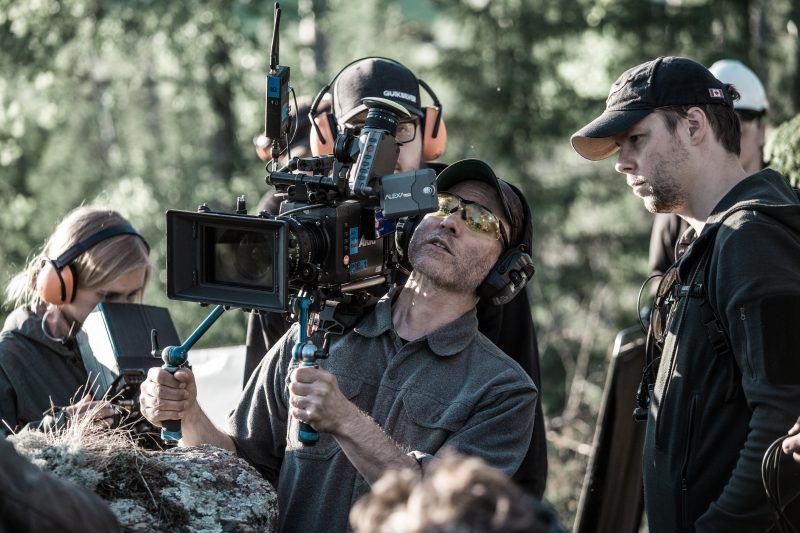
Figure 1. Louhimies in action. The movie Unknown Soldier premieres on 27 Oct 2017.
What did the 24/7 stress and recovery measurements teach you about yourself?
“I started to pay attention to the importance of rest and exercise. The measurement results motivated me to take naps; grab some rest when possible.”
This was visible in Firstbeat reports as recovery in the midst of hectic work days, for example during a power nap or when sitting as a passenger in a car. “Time is limited, so we have to make smart use of it. For example, I can be more relaxed and productive after taking a train or bus. I also bike around town as much as possible, when in Helsinki, and it was a positive surprise to see that it provides good health benefits.”
What kinds of choices did you make to manage your coping and performance?
“I had planned to exercise before long work days, but I feel that I was not very successful with this goal. At least I tried to be active during days-off. I also minimized the use of alcohol.”
Firstbeat results confirmed that the amount of physical activity was fairly low, except during the physically heavy filming days and vacation weeks. However, the Director’s good fitness coming in helped.
“Being physically fit is like an extra protective layer. Even if you don’t have time to exercise much during an intensive project like this, you don’t lose an existing fitness level that quickly. Good physical condition was likely a key factor for Aku to be able to recover surprisingly well from long, often very demanding work days,” emphasizes Firstbeat’s Exercise Physiologist Tiina Hoffman.
If you think of the whole project from April 2016 until now, were there periods that you found particularly tough or times when you felt very recharged?
“The editing stage is always mentally stressful and the pressure builds up towards the final weeks. It’s harder to turn off this type of stress, when compared to physical stress. In this case, the editing phase started in late May and went on through June. When the editing process was completed, I started to recover better.”
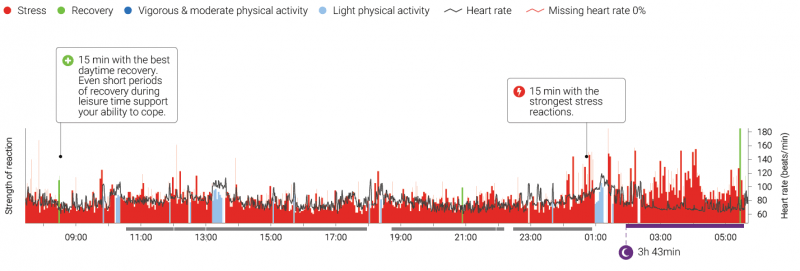
Figure 2. An example of a long day of editing in June 2017. Stress causes the body to stay wired even during sleep, and there is very little recovery during the 24-hour period.
“The key times for recovery were the holiday weeks that I took each summer on the countryside with my children, away from it all. It felt great.”
The holiday showed up as exceptionally good recovery in Firstbeat reports. The sleep periods were longer, with good-quality recovery, and Louhimies was more physically active than during his typical weeks. To maintain a high level of performance in long, intensive projects, it’s extremely important to have these kinds of periods that allow for mental and physical recharging.
What is your key to dealing with the stressful times?
”My basic principle is to solve the challenges—and then move on, with rest and physical activity. Mental stress is the hardest to deal with, but it wears off when you exercise. Even if a job is at times tough, it would be strange to complain about it because I find it very meaningful and I get to do what I enjoy. You need to figure out how different things affect your body and act accordingly. For example, I don’t drink caffeine during overseas flights to speed up the adjustment to jetlag.”
Figure 3 is an example of the Director’s day-off in September 2017. The week was extremely busy and stressful, including a lot of interviews and details related to the upcoming premier. During the weekend, he exercised and relaxed. The sleep period was short, but consisted mostly of good recovery. He was positively surprised at how good the recovery was after a tough week like that.

Figure 3. In his last measurement, Louhimies was positively surprised at the amount of recovery during a stressful week. The negative effects of stress can be minimized with good lifestyle choices.
What did you learn for the next time?
“This project and the measurement results further highlighted the importance of good physical condition and preparation. You must be in really good shape to persist through the challenges. Being physically fit also helps keep your head and mental fitness together.”
Summary
Louhimies conducted the first measurements before the filming for Unknown Soldier began. Maybe surprisingly, his recovery did not decline when the filming started, but instead showed an improving trend for several months (Figure 4). However, this did not surprise Louhimies himself: “There is some uncertainty before the filming starts, but when the project is on the way, you become comfortable with the rhythm and lose the uncertainty.”
During the last part of 2016, his recovery was at its weakest. This is explained by long, strenuous filming periods, and also by jetlag, flying to the US twice in December. The recovery trend started to improve during the first months of 2017, until the next obvious stress peak that weakened recovery in early June, during the editing phase. When the editing was done, recovery started to improve again.
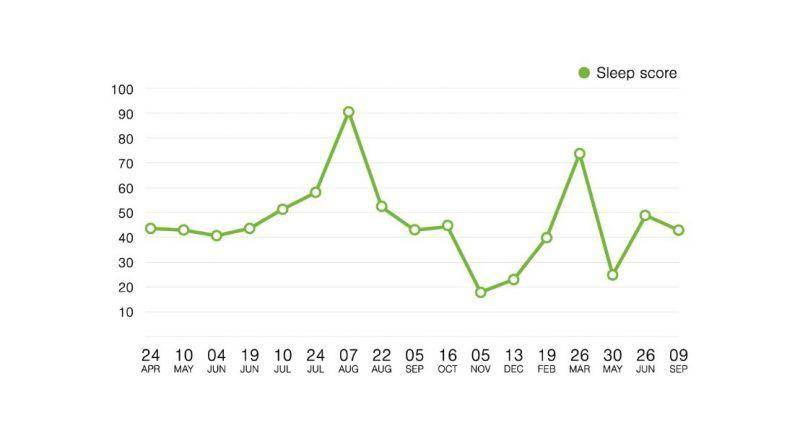
Figure 4. Recovery throughout the filming project, as illustrated by Firstbeat Lifestyle Assessment’s Sleep Score. Recovery was best during the summer of 2016, when Louhimies had found a good rhythm to filming, and weakest at the end of 2016, due to a heavy filming and travel schedule. After this, his recovery started to improve, and slightly before the premier, it was at the same level as 1.5 years earlier, before filming began.
“Aku’s ability to recover under heavy pressure and bounce back after the tough periods is excellent. Some of it might be genetic, but a healthy lifestyle and good stress management skills certainly help. Learning to take advantage of recovery moments was a key realization. Aku is a very analytical person, who wants to understand his own body and learn what works for him. He prepares for a movie project like an athlete, which is a great strategy: good fitness makes us better equipped to handle and recover from heavy mental and physical load,” concludes Firstbeat’s Hoffman.
If you liked this article, you should subscribe to our mailing list
You might also be interested in
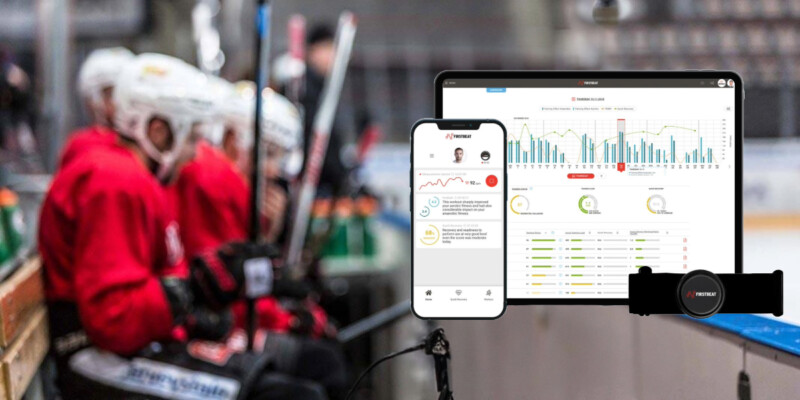
Why Nearly 50% of NHL Teams Rely on Firstbeat for Results
Since 2008, Firstbeat Technologies has played a part behind the scenes at many of the North American league’s 31 franchises.

Firstbeat Technology Helps Optimize Training and Performance of German Ice Hockey Teams
The German Ice Hockey Federation (DEB) and Firstbeat have been in close partnership for many years, with the Federation utilizing the athlete performance management platform to optimize the training and…
